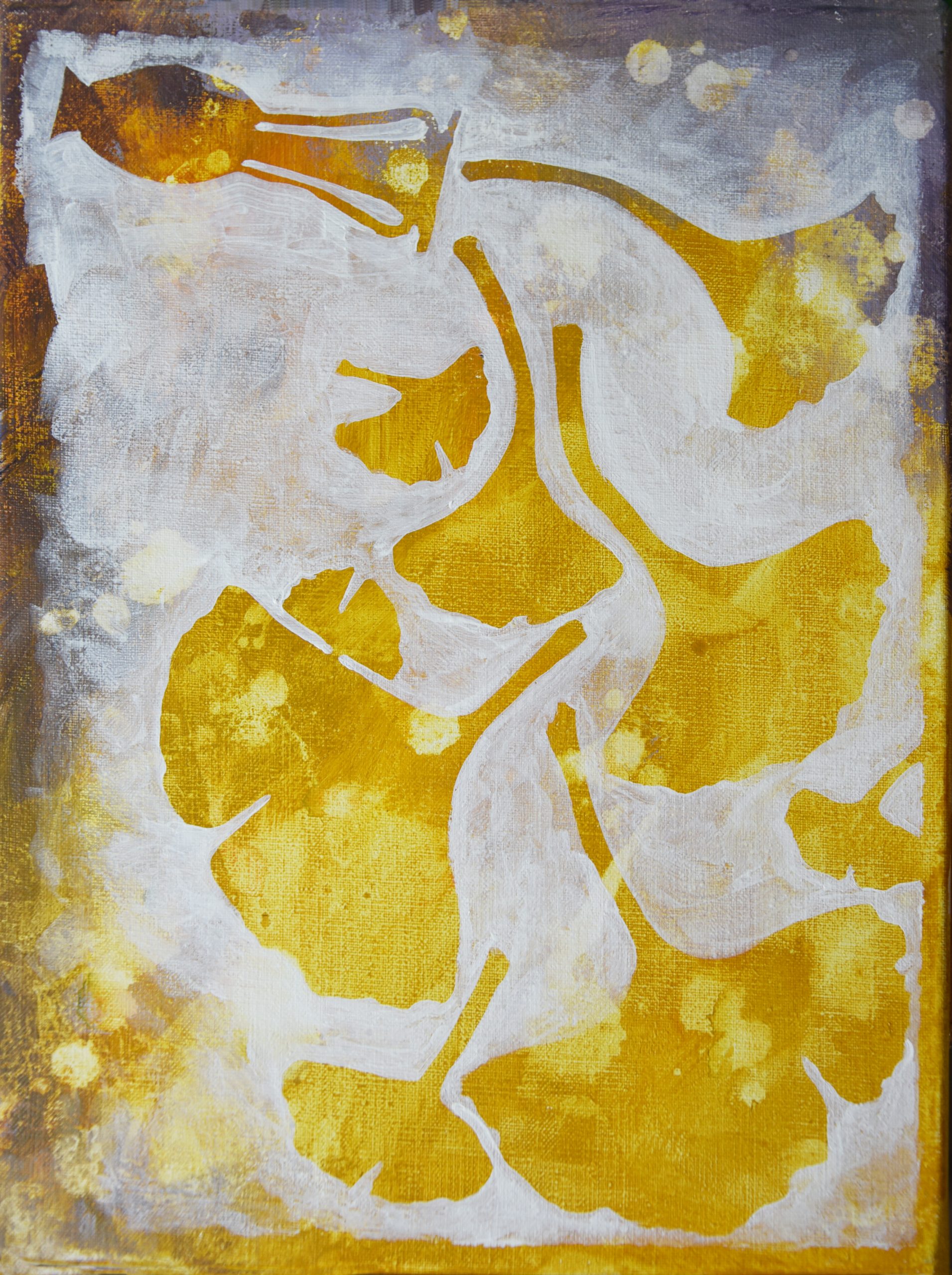Into the Light
Lesson Nine

Lesson Nine: The End of Lament
Focus Scripture: Isaiah 25:6–10; Revelation 21:1–8
Our Real Happy-Ever-After
And they all lived happily after. That’s how stories end, isn’t it? All of a sudden, things are fixed, problems are resolved, life is good, and we move into a future that promises rainbows and unicorns. That’s how our study—and the whole world of lament—ends. Happily ever after—good news for all of us who have been living through extended periods of lament.
Of course, we began our study knowing how it would end. The hope promised to us by our faith in God keeps us going. In the midst of our lament we remember our relationship with God and call on God to act. We state our assurance that God has heard us. Then, we put our faith in God and we press forward toward the future God is making for us.
One of the struggles here, though, is that as much as we know there will be a joyous, God-filled ending to our story, we aren’t at the end of the story. End of the study? Yes. End of the story? Not yet.
It is like we are at the intermission of the Stephen Sondheim musical “Into the Woods.” The first act of the play is about Cinderella, Red Riding Hood, Jack, the Baker and his Wife, and other fairy tale characters who search for and find what they want. The last song of the first act, “Ever After,” concludes as the cast sings, “Into the woods . . . then out of the woods, and happy ever after!” Act Two begins with the narrator’s line, “Once upon a time . . . later.”
After we finish the study we’ll be in “later.” We passed a “happy ever after,” but it wasn’t the end of the story. Despite our celebration of Isaiah 25 and Revelation 21 and “Lift Every Voice and Sing,” God’s will is not being done on earth as it is in heaven. Yet.
I do hope, though, that in our “later” we have skills that we didn’t have before. Specifically, I hope for three things:
- that we as individuals have the language and skill to lament,
- that we understand when to lament and when to repent, and
- that the language and practice of lament is a part of our corporate life as the body of Christ in the world.
If I were phrasing a learning outcome for this study, I would have started with “participants will be able to outline the steps of Biblical lament and construct their own laments.” I hope you can do this. Have you developed a particular fondness or facility for one part of lament? Does it comfort you to remember your/our past relationship with God? Have you discovered that you are really good at calling on God to act? Is your gift being able to state your assurance that your lament has been heard?
As we look around this “after” world, I also hope that we remember that there’s a relationship between lamenting and repenting. Injustice still exists in the world. If there is anything at all that we can do to change the situation, we should be doing that—or repenting our inaction if we are choosing not to do what we can. When we reach the point where there isn’t one more thing that we can do to relieve a given situation, then we lament. Our lament calls on God as the one who must bring change.
Finally, I hope that lament has been de-mystified enough that Presbyterian Women can help the rest of the church bring lament into worship. Lament has a place in our liturgy, in sermons, in our praying, in our singing. Have you written new hymns of lament this year? I’d love to see them. The story of God’s people is a story filled with lament. It is only recently (relatively speaking) that lament dropped out of our worship and our lives. Now may be exactly the right time to bring it back.
Though it sounds odd, it has been a joy to lament with you this year, Presbyterian Women. It was a communal lament that first drew me to this topic. When Psalm 137 was one of the weekly lectionary readings, I started thinking about the role of lament in faith and about the power of lamenting together. The rest, as they say, is history. A history filled with the full range of human emotions and experience—sorrow, joy, isolation, separation, reunion, loss, gain. And through it all we have had each other. I am grateful for that and for you.
We’ve been promised a real happy-ever-after—no more tears, no more death, no more sorrow, no more injustice—a great feast prepared for us and for all creation. Thanks be to God..
P. Lynn Miller.
Author and Illustrator of the 2020–2021 PW/Horizons Bible Study
******
You can still purchase an Into the Light Bible study book (item number HZN20100) and study along with us.
Call 800/533-4371 or order online
